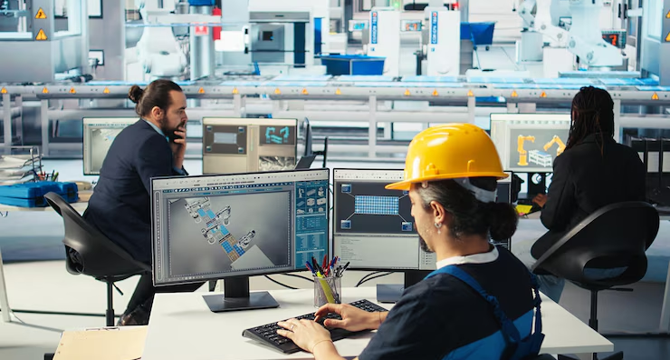Leadgrowdevelop
1w
33

Image Credit: Leadgrowdevelop
From Concept to Commissioning: The Control Systems Engineer’s Life Cycle in Large Projects
- Control systems engineering is crucial in large-scale industrial projects, guiding them from conceptualization to commissioning.
- The process starts with thorough requirements gathering, where stakeholder input shapes the project's direction.
- Design development follows, determining system architecture, hardware components, and network specifications.
- Programming and simulation bring the design to life, focusing on logic creation and virtual testing for validation.
- Factory acceptance testing ensures system functionality before installation, catching issues early on.
- Site acceptance testing bridges the gap between design and reality, addressing field-specific challenges.
- Commissioning marks the system's operational start, fine-tuning parameters based on real-world conditions.
- Ongoing support extends the engineer's involvement, focusing on system optimization, training, and data-driven improvements.
- This structured approach ensures that control systems engineers contribute to minimizing risks and delivering reliable automation solutions for industrial processes.
- Their involvement across the project lifecycle emphasizes continuity, quality, and alignment with business objectives.
Read Full Article
2 Likes
For uninterrupted reading, download the app